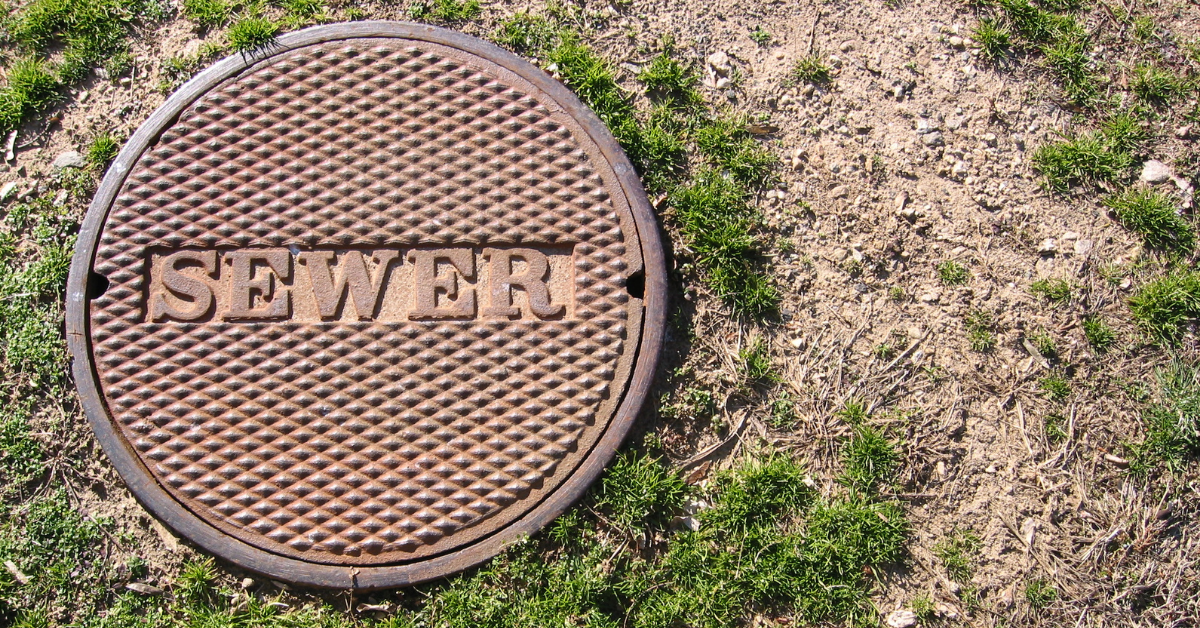The same practices that will keep your own sewer lines clear are also the ones that will help make sure the sewer mains in your community are working properly. A sewer line blockage, whether your own or a town main, can mean disaster for you. Blockages and backups can lead to cracks and breaks. Here’s some ways you can prevent sewer backups.
Don’t flush paper products. The only paper product you should be flushing down your toilet is toilet paper. Although many wipes are marketed as “flushable”, they should not be flushed. Wipes, paper towel, and feminine products are all made of thicker materials that do not break down as quickly as toilet paper. This means that they are more likely to cause a blockage or backup in the sewers.
Dispose of grease properly. Even when poured down the drain with hot water, grease can still become a problem. Because it hardens as it cools, grease can clog not only your pipes but the main sewer lines in your town. To properly dispose of grease, wait until it cools and solidifies. Then dispose of it in the garbage.
Be careful of trees and roots. The combination of tree roots and old pipes can mean disaster for you. If trees or other plants are planted too close to your sewer lines, they can damage them over time. Roots will always be seeking water. If there is already a small crack in your sewer line, roots will find it and sneak their way in. This can cause the crack to grow or even rupture the pipe completely. If you have older pipes, you might want to consider replacing them with plastic. Plastic piping is more durable and can’t be damaged as easily by tree roots.
Fix any illegal plumbing connections. Not all plumbing connections are legal. If you have your gutters, sump pump, or other flood control systems hooked up to your sanitary sewer, those are illegal connections. Silt from your gutters or sump pump can build up in your sewer lines over time. This will cause blockages and backups. Call your plumber as soon as possible if you think you have any illegal plumbing connections.

